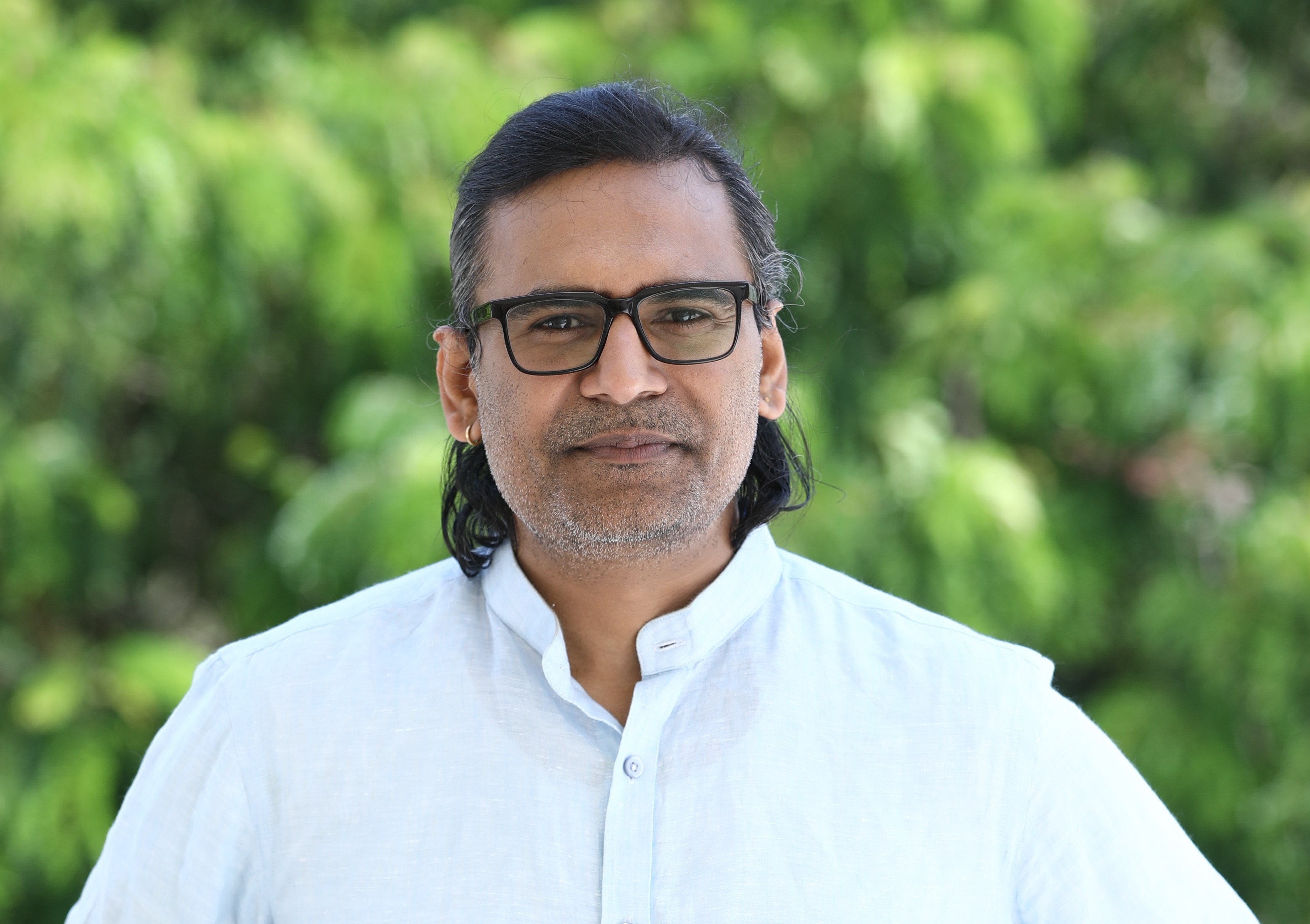Congratulations to Kaeyoor Joshi on being selected as the Student Spotlight Award winner for April 2025!
The purpose of this award is to highlight students who are doing important work in the CBS community whether for research, clinical, and/or volunteer-humanitarian efforts.
This is a way to highlight their achievements, let the ACBS community know important work students are doing, and possibly provide a platform for mentoring, collaboration, professional development, and conversations around highlighted areas.

Learn more about Kaeyoor Joshi
Background of CBS Research/Clinical/Volunteering efforts/achievements
I was born and raised in India, where I completed my undergraduate and graduate education in psychology at Maharaja University of Baroda. As a first-generation college student who grew up in poverty, I faced many challenges, and Acceptance and Commitment Therapy (ACT) became a vital source of support during difficult times. The resilience I developed through ACT helped me navigate life's ups and downs, and this personal experience has deeply influenced my work.
After working as a school counselor for three years in India, I moved to the USA to further my education, earning a specialist degree in school psychology and currently pursuing a Ph.D. in Educational Psychology at the University of Nebraska-Lincoln. My work has focused on using ACT with youth and adolescents, particularly refugee school students. The utility of ACT in helping these individuals build resilience has been a cornerstone of my practice.
Since beginning my Ph.D. in 2020, I have focused my research on ACT and emotional regulation, especially among youth in low- and middle-income countries (LMICs). I spend about 4-5 months each year in India, promoting ACT as an intervention tool in school mental health. My collaborators and I have translated several psychological measures and adapted the DNA-V model for use in India, where it is currently being tested with school students. These efforts have contributed to a growing momentum for ACT in western India, raising awareness and encouraging its use among therapists and educators.
Autobiography
I grew up in India as a first-generation college student and completed my undergraduate and graduate studies in psychology before moving to the USA to further my education. ACT has played a critical role in my life, helping me build resilience through challenges, and this is now reflected in my work. My professional experience includes working as a school counselor, promoting ACT for youth and adolescents, and conducting research to expand its application in LMICs and with refugee students.
Future goals
My goal is to continue promoting ACT as a culturally sensitive tool in LMICs, supporting mental health professionals, and helping youth and adolescents build resilience and thrive globally.
PUBLICATIONS
In preparation
Joshii K., Clark C.A.C., Joshi A. C., Joshi H.J. (in-preparation). Examining the relationship between executive functions and psychological flexibility in adolescents in India.
Joshii K., Goel M., Pithva Y., Vyas G., Yakub Z., (in-preparation). Growth curve modeling of acceptance and commitment therapy (ACT) based group intervention among youth in India.
Joshii K, Joshi A.C., Clark C.A.C. (in-preparation) Integration of psychological flexibility as a vital element in school-based mental health screening protocols.
Peer Reviewed Publications
Goel M., Pithva Y., Vyas G., Yakub Z., Keswani K., Joshi K.*, (accepted). Unraveling the intricacies of youth mental health in India. Mind and Society.
Clark C.A.C, de Almeida, P., & Joshi, K. (2024). Preschool children’s heart rate variability across contexts of low and high emotional challenge correlates with their self-regulation performance. Infant and Child Development, 33(1). https://doi.org/10.1002/icd.2507
Simon, J. B., Nail, P. R., Swindle, T., Bihm, E. M., & Joshi, K. J. (2016). Defensive egotism and self-esteem: A cross-cultural examination of the dynamics of bullying in middle school. Self and Identity,16(3), 270-297. doi:10.1080/15298868.2016.1232660.
*Role as a mentor
